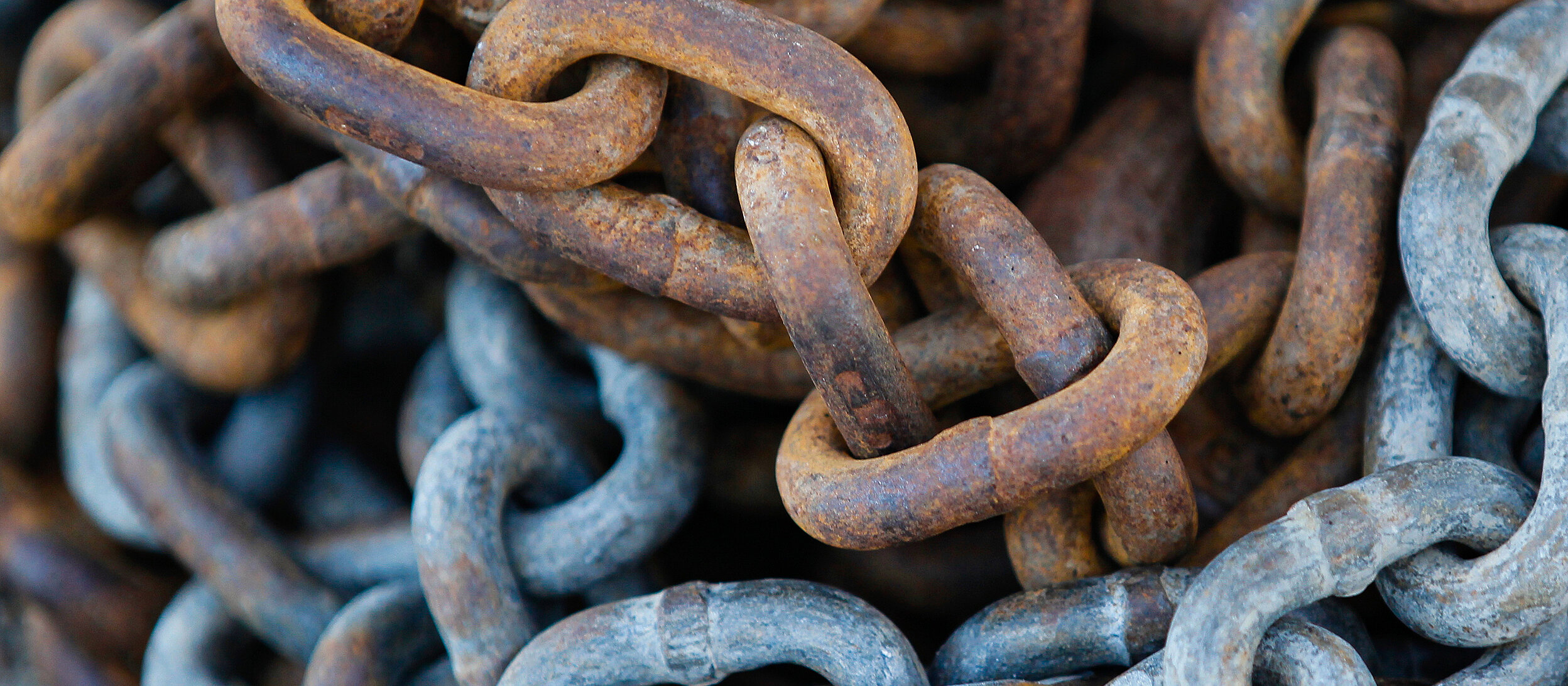Supply chain due diligence obligations in M&A transactions
The German Act on Corporate Due Diligence Obligations in Supply Chains [Lieferkettensorgfaltspflichtengesetz – LkSG], which came into force on 1 January 2023, will have a major impact on M&A transactions in Germany moving forward.
Introduction
Under the LkSG, companies may be subject to due diligence obligations in relation to human rights and environmental risks in their supply chain as of 1 January 2023. The obligations imposed by the LkSG will also keep M&A practitioners occupied from now on, not only in transactions involving companies that are directly bound by obligations under the LkSG but also with respect to (direct or indirect) suppliers to such companies. Sellers will have to be prepared that buyers that are subject to the LkSG will pay close attention to their compliance with their respective legal obligations during the transaction process. Buyers who are directly (or indirectly due to existing contractual obligations) subject to the LkSG should make relating inquiries already during the due diligence phase and the contract negotiations to ensure future compliance with such obligations and, additionally, undertake their own research, potentially in cooperation with the seller, to protect themselves.
Scope of application of the LkSG
At this point, the LkSG applies generally to companies located in Germany (regardless of their legal form) which have more than 3,000 employees. However, as of 1 January 2024, the LkSG will apply to companies having more than 1,000 employees. In case of a group of companies, the employees of subsidiaries are attributed to the respective parent company or companies to determine applicability.As a result, the applicable thresholds can be reached quickly. However, due to corresponding contractual obligations, companies may have also have verification and due diligence obligations in this regard even if they are not themselves originally subject to the LkSG.
Obligations under the LkSG
The LkSG imposes extensive verification, organisational and documentation obligations on companies governed thereby. Within their own sphere of business – which also includes the sphere of business of affiliated companies to the extent that the company concerned exercises a “controlling influence” on them – and with respect to direct suppliers, companies subject to the LkSG are required to generally undertake an extensive risk analysis of their supply chain(s) with respect to the legal positions protected by the LkSG. The purpose of this analysis is to identify, rate and prioritise risks. The outcome of this analysis then forms the basis for the establishment of an appropriate risk management system and for the development and implementation of preventive and remedial actions. In addition, they are required to establish a complaints procedure, and all steps taken to meet the aforementioned requirements must be documented and specified in the annual report. The complaints procedure must also be available to indirect suppliers. If a company has substantiated knowledge of potential breaches by indirect suppliers and/or risks associated with them, it shall undertake a risk analysis, take adequate preventive action as appropriate, and implement a concept for the prevention, elimination and mitigation of the risks identified.
Lawmaking efforts on an EU level
Another aspect, which deserves attention in this context, is the proposal by the European Commission for a Directive on Corporate Sustainability Due Diligence (CSDD Directive) of 23 February 2022, which is expected to be transposed into law in the short to medium term. If the current draft version of the CSDD Directive is transposed into law, this will not only expand the scope of the existing provisions to include companies with 500 or more employees and a net annual turnover of 150m euros or, in resource-intensive sectors, with 250 or more employees and a net annual turnover of 40m euros. The draft Directive also has a different focus and contains legal positions different from those of the LkSG.
Significance for M&A practice
The LkSG has a huge significance for the M&A practice in a number of aspects. Particular attention is to be given to financial risks in terms of administrative fines of up to 2% of the global annual turnover per individual case that may be imposed on companies that are (directly) subject to the LkSG in the event of a breach. In addition, there is a risk of claims for breach of contract arising against contractual partners (directly or indirectly) involved with the transaction.
From the buyer perspective, the due diligence to be undertaken from now on will also include potential obligations the target company may be subject to under the LkSG and their proper implementation. Since the buyer is likely to have only a few sources of information of its own in the due diligence process, the buyer should insist on the seller disclosing all material supply chains, underlying documentation and already available examination results of the target company. Depending on the extent of any breaches which may have been identified or of any indications of potential breaches, it may be advisable to provide for extensive indemnities in relation to the warranties commonly given (in the future) with respect to supply chains. In addition, a buyer who has not previously been subject to the LkSG will have to examine whether its own supplier relationships may taint the target company and its business operations. Given that any obligations apply directly in the event that an acquisition materialises, this aspect requires attention already during the acquisition process. Lastly, a buyer will also have to consider whether an acquisition will give rise to the (first-time) applicability of the LkSG once the transaction has been closed because the obligations under the LkSG apply directly if and when the thresholds have been exceeded. If the transaction gives rise, or may give rise, to the applicability of such obligations, appropriate compliance structures should be established at an early stage. Particular caution should be exercised in borderline cases in view of bogus-self-employment (Scheinselbständigkeit).
In the future, sellers should consider already before the beginning of the sales process whether potential buyers are subject to the LkSG (in particular with a view to potential contractual obligations, e.g. in their capacity as suppliers to major companies). It therefore may also be advisable for sellers to obtain a transparent overview of their own supply chain in the run-up to a transaction, in particular if they operate in sensitive spheres of business, since it would otherwise hardly be possible for the buyer to make an early assessment. It may also be a good idea for companies to extend their own obligations down the supply chain at an early stage, for example through general terms and conditions by which suppliers agree to comply with certain human rights and environmental standards.
Conclusion and outlook
The LkSG will inevitably find its way into the German M&A practice, presenting various challenges from the buyer and seller perspective, respectively.
The first step of the due diligence from the buyer’s perspective will be to define the relevant scope of the due diligence for the transaction and to submit specific inquiries in this regard to the seller. The scope of the due diligence may be different, depending on whether the LkSG is applicable to the buyer (including its participations) and/or the target company, and ultimately depends largely on the industry sector and (in the case of international supplier relationships) on the location(s) in question. Moreover, it will be advisable for most buyers to provide for safeguards in the purchase agreement, e.g. in the form of warranties and indemnities. A buyer who is subject to the LkSG should also ensure the implementation of findings from the transaction process, either into closing conditions or post-closing actions, and take action early on to implement any actions which may be necessary.
The seller, on the other hand, will mainly have to make efforts, ideally with the early involvement of experts, to ensure proper documentation of its own supply chains as potential buyers will likely expect these to be disclosed as a general rule from now on.
Based on the draft of the European CSDD Directive, it is already foreseeable that the provisions of the LkSG will be tightened by European provisions in the near future. The current draft provides not only for a potential expansion of the scope of application but also includes proposals to tighten a number of provisions. For example, it is intended for due diligence obligations to generally apply also to indirect suppliers, without any additional conditions having to be fulfilled. Unlike the current version of the LkSG, the draft for the Directive also expressly provides for companies to be liable in civil law, in addition to the existing sanctions by administrative fines, for damage arising from breach of due diligence obligations, e.g. obligations to take preventive and remedial action. It is to be expected that the risks associated with this will keep both companies and M&A practitioners occupied to a larger extent in the foreseeable future.

Subscribe to our GvW Newsletter here - and we will keep you informed about the latest legal developments!




